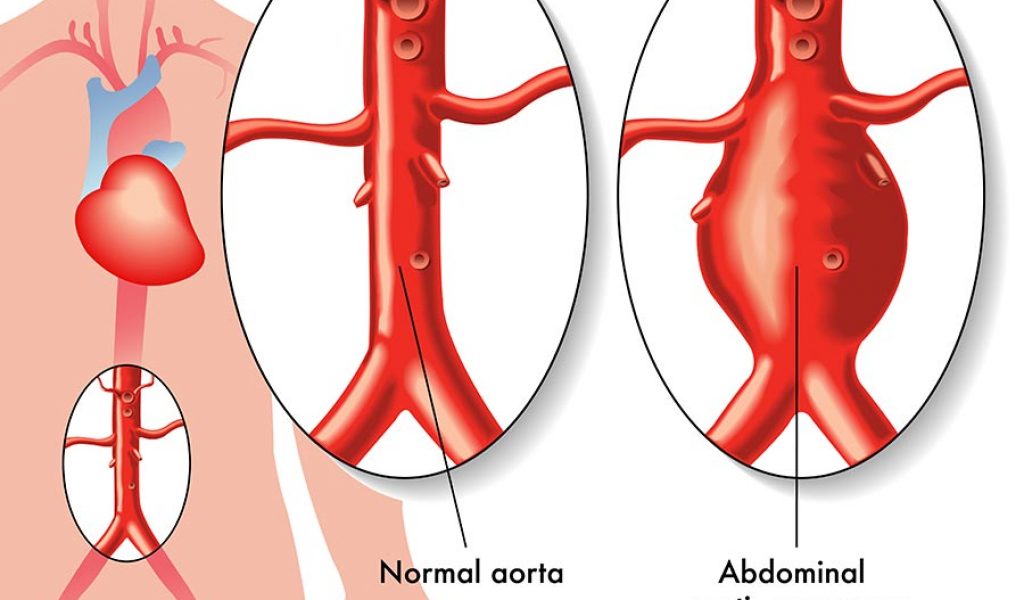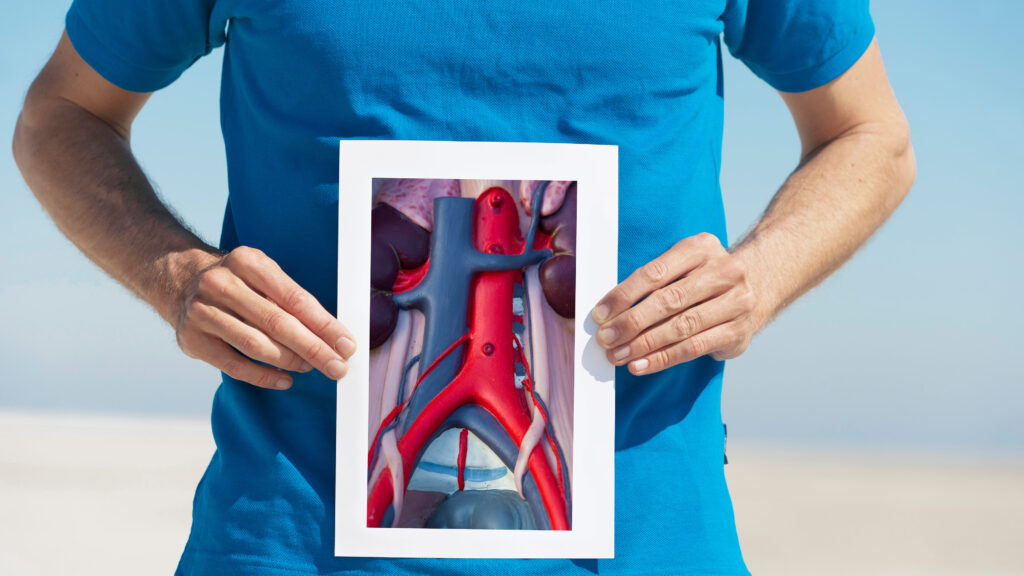ABDOMINAL AORTIC ANEURYSM
Angiocare is hospital with world class, well facilitated to treat Abdominal Aortic Aneurysm (AAA). Abdominal aortic aneurysm (AAA) is a dilatation of the aorta as it passes through the abdomen. The human body with largest blood vessel aorta it carries blood from heart to head, arms and down to ones abdomen, legs and pelvis.occurs as an enlargement usually in a bulge form that expands in a prone area usually in the abdomen within the largest artery. This is called an abdominal aortic aneurysm when bulging happens in the part of the aorta in abdomen region. The patient with enlarged abdomen artery pushes the blood with pressure to the weakened aortic wall of one’s heart with single heartbeat ultimately leading to enlarged aneurysm and continues to grow towards weakened area.However, any destruction of elastin ( type of protein that keeps aortic wall intact) wall is a key mechanism that transforms the load produced by blood pressure on to collagen. This destruction of elastin in aortic region of abdomen leads to blood outside the adventitia of dilated aortic wall. Dr. Puneeth is so richly experienced surgeon to completely treat conditions of bulging artery and prevent any sort of internal bleeding and prove to be life threatening. When to visit angiocare is before any ruptures occur and following criteria should be taken seriously and one should start treatment going.

When to visit the Angiocare?

Who is risk of developing Abdominal Aortic Aneurysm (AAA) In most patients, AAA has no symptoms.If one have family history of AAA and get episodes of sudden severe pain in your abdomen or back, call angiocare immediately.In majority of patients it remains asymptomatic and a very few patients; with AAA have these symptoms when plaque or blood clots from elsewhere in the body collect in the feet and toes. Our major services would provide speedy recovery and would be to normal schedule as soon as possible.
Diagnosis:
If our doctor suspects that you may have one, they will feel your stomach to see if it’s rigid or contains a pulsing mass. Angiocare may also check the blood flow in ones legs or use one of the following tests to confirm.
CT scan of the abdomen region
Ultrasound at abdominal area
Chest X-ray and
Abdominal MRI

